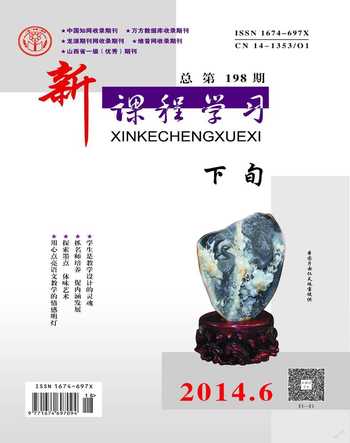情态动词小结
董桂萍
一、must
1.表义务,“必须”(主观)
Eg. You must finish the job today.
2. 否定形式mustnt表”不许、禁止”
Eg: You mustnt leave here.
3. 表推测,可能性大,且用于肯定句中,“一定”(否定句用cant ,“一定不”)
eg. He must be ill. He looks so pale.
Eg. It cant be him, because he is ill and in hospital today.
4. 表 “偏偏,非要”
Eg. Its freezing cold. Must you go outside playing with snow?
5. must问句的回答
—Must I clean the dining room at once?
— Yes, you must.
No, you neednt. / you dont have to.
二、have to
1. have to表客观的需要和义务,“不得不,必须”
2. have to 有人称、数的变化: has/have/had to
3. 否定:dont have to=neednt“不必”
三、 can,could
1. 表能力,“能”“会”“能够”
Eg. —Can you drive a car?— Yes, I can. / No, I cant.
2. 表允许,许可,在口语中代替 may, “可以”
Eg. Can I use your bike?
此时过去式could表示的语气更加委婉、客气,但回答只能用can
Eg.— Could I come to see you tomorrow?
— Yes, you can.
3. 表推测(客观可能性)或惊异,怀疑,不相信,常用于否定句,疑问句和感叹句中
Eg. Today is Sunday. He cant be at school.
How can he be so careless!
四、may,might
1.表许可或征求对方的许可, “可以” (口语中可用can替代)
Eg.You may go now.May I use your computer?
问句中过去式might表示的语气更加委婉、客气
Eg.Might I use your pen for a while?
2.表推测, “或许,可能”,通常只用于肯定句(疑问句中用can),且might比may的可能性小
Eg.The story may be true. Can the story be true?
3. 以may开头的疑问句回答
—May I smoke here?
— Yes, you may/can. 或Yes, please.
— No, you cant. 或No, you mustnt.(禁止) 或No, youd better not.(客氣)
注意:— Can it be true?
— Yes, it may be.(可能)/might be(可能性更小) 或Yes, it must be.(肯定)
— No, it cant be true.(不可能) 或No, it may not be true.(可能不)
4. 表祝愿 May+主+v.原 (区:Wish+主+n. /adj.)
Eg.May you be happy. Wish you happy.
5. may/might as well最好,倒不如
Eg. You may as well do it at once.
五、shall
1.第一、三人称疑问句中表请求或征求对方意见
2.第二、三人称陈述句中表命令,警告, 决心,允诺, 威胁
体会下列例句:
Shall she come right now?
Nothing shall stop us from carrying out the plan.
You shall get a MP5 if you are admitted to the key middle school.
You shall do as your father says.
He shall be punished if he disobeys.
六、情态动词+have done
1. must have done表对过去发生事情的肯定推测,“过去一定……” 其否定形式为:cant/couldnt have done “过去一定没有……”
Eg. The ground is wet. It must have rained last night.
He couldnt have gone to Beijing, for I had a talk with him just now.
2. could have done 表本可以做某事而事实上没做(不用can)
Eg. The girl could have been saved.
3. might have done 表可能做过(了)某事
Eg. She might have gone to Shanghai.
4.should have done 表过去本应该做某事却没做
shouldnt have done 表过去本不应做某事却做了
Eg. You should have set off earlier.
You shouldnt have helped him, he could do it himself.
5. neednt have done 表过去本不必做某事却做了
Eg. You neednt have waited for me.
(作者单位山西省孝义市第三中学)
?誗编辑 孙灵娟

